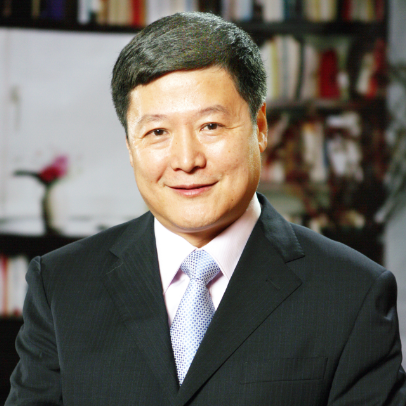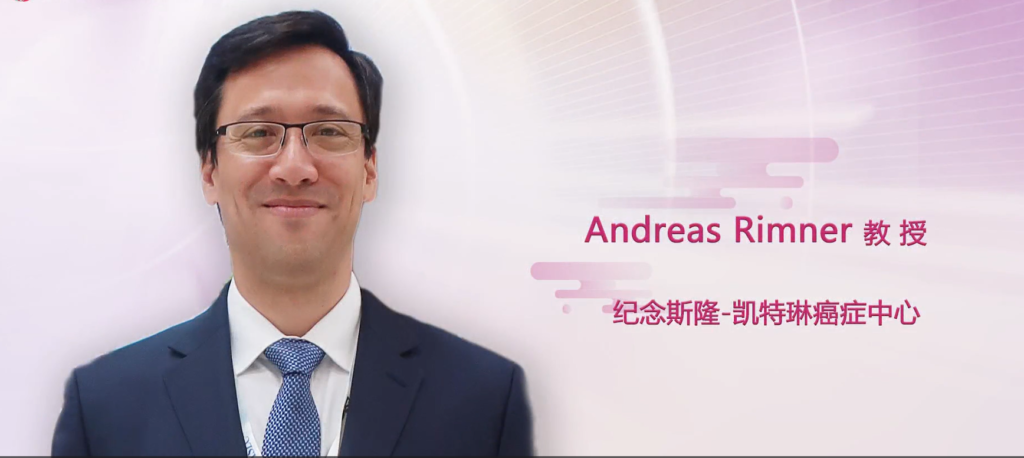Dr. Jun Ma: On the immunotherapeutic progress and future trends for acute lymphoblastic leukemia based on the studies at EHA 2023
The 28th European Hematology Association (EHA) meeting was held in Frankfurt, Germany from June 8 to June 11, 2023, adopting a hybrid online and offline conference format. As the largest international conference in the European hematology field, the EHA meeting shares topics in various scientific, clinical, and fundamental researches, covering both benign and malignant hematology and discussing the latest advances in hematology. In the treatment of acute lymphoblastic leukemia (ALL), there was significant progress made at this EHA meeting, mainly focused on immunotherapy. To further grasp the content in this area, Oncology Frontier interviewed Professor Ma Jun from the Harbin Institute of Hematology & Oncology and discussed this topic in detail.








